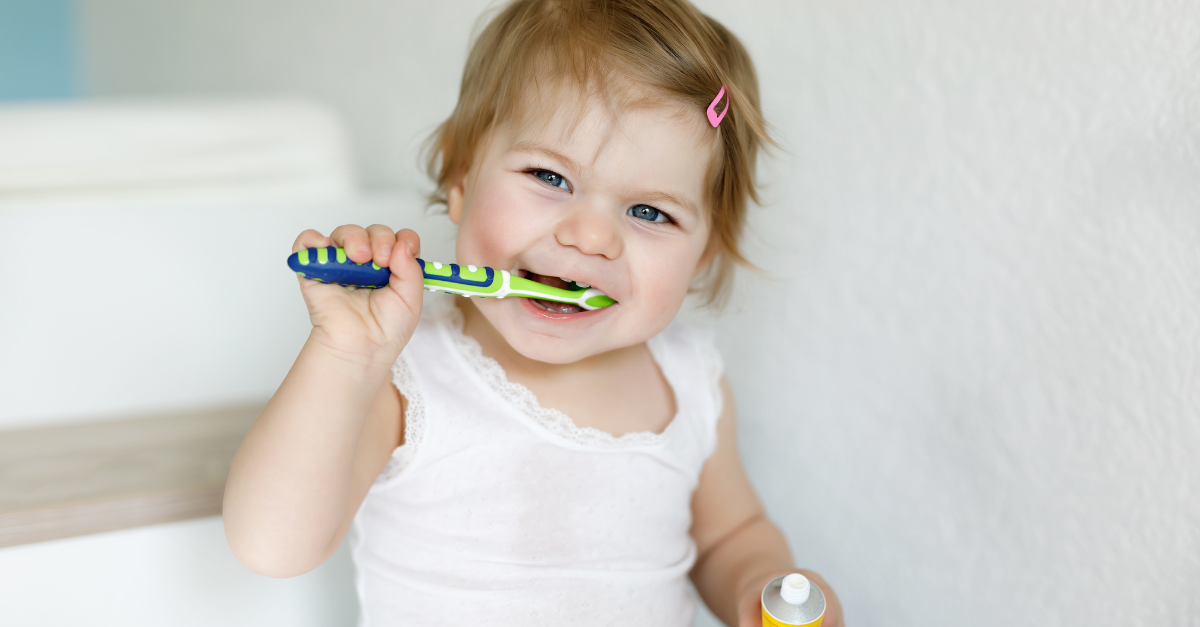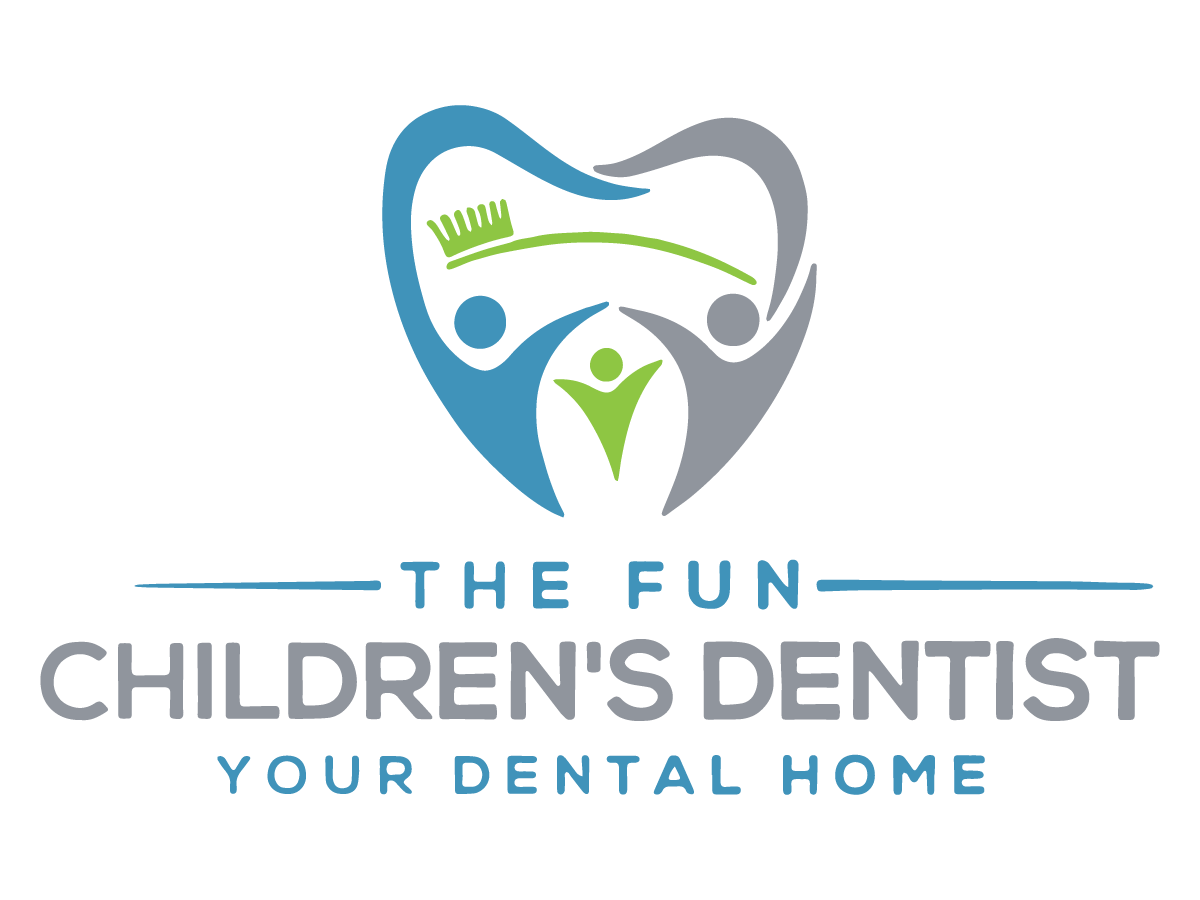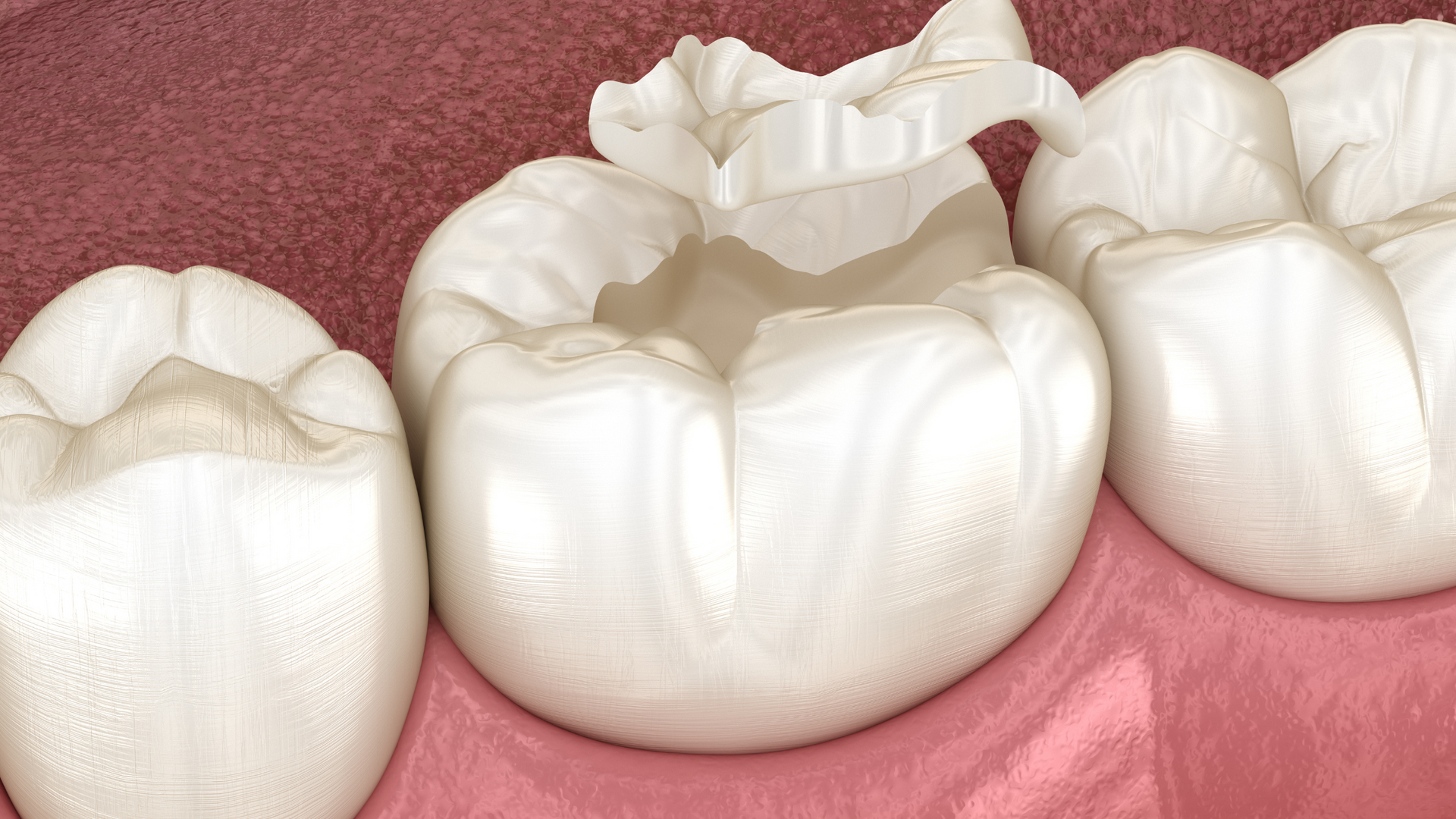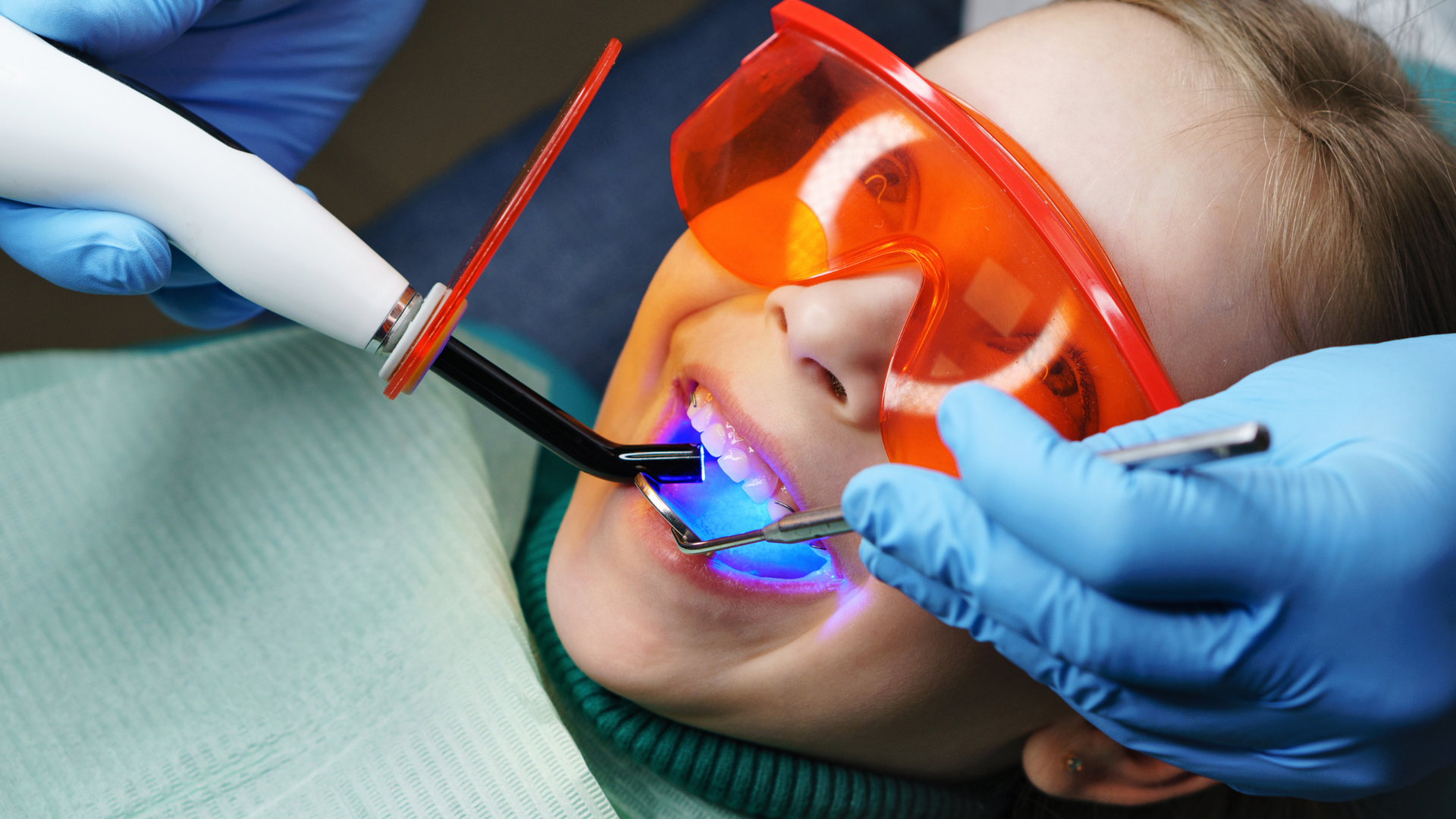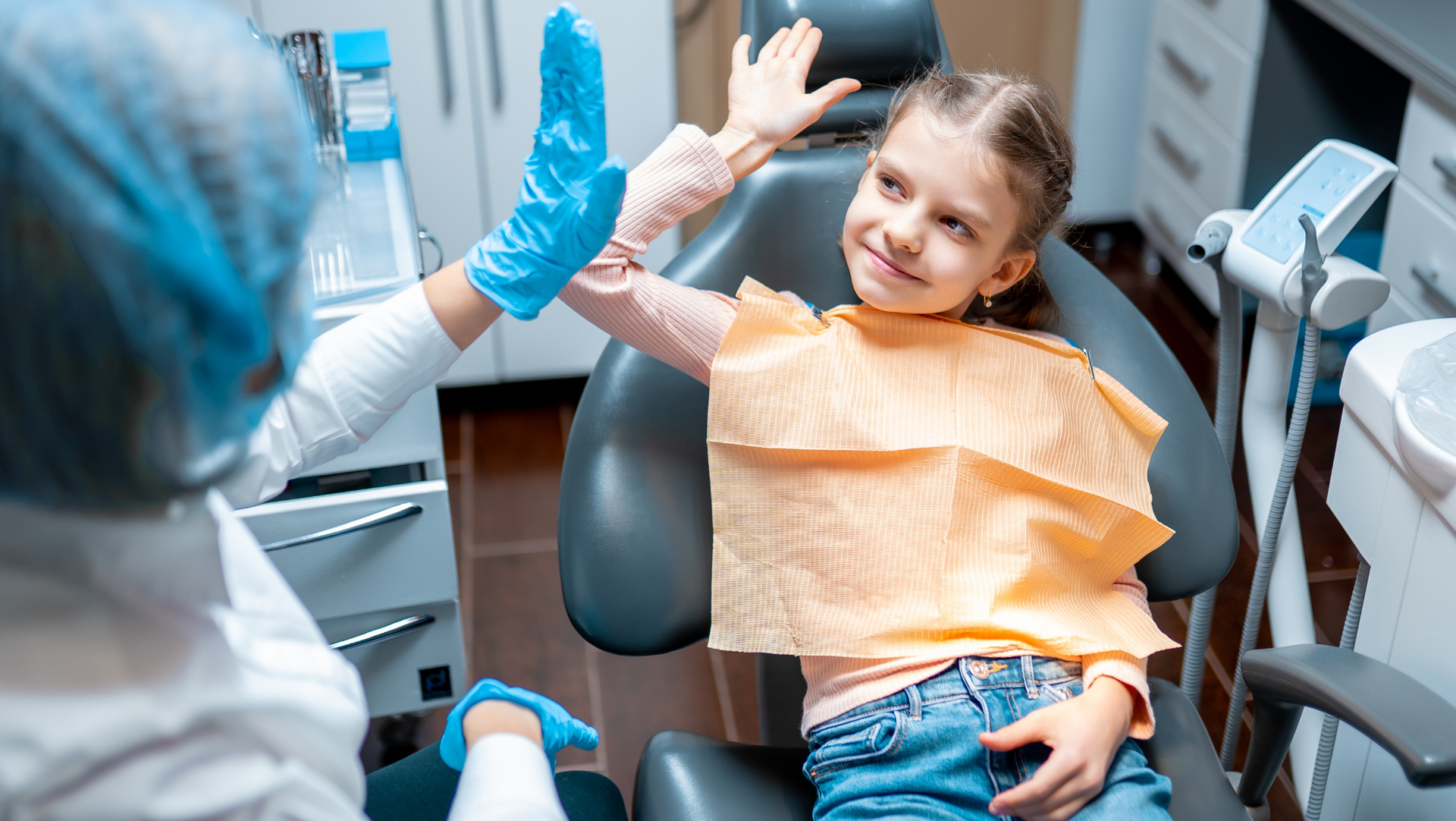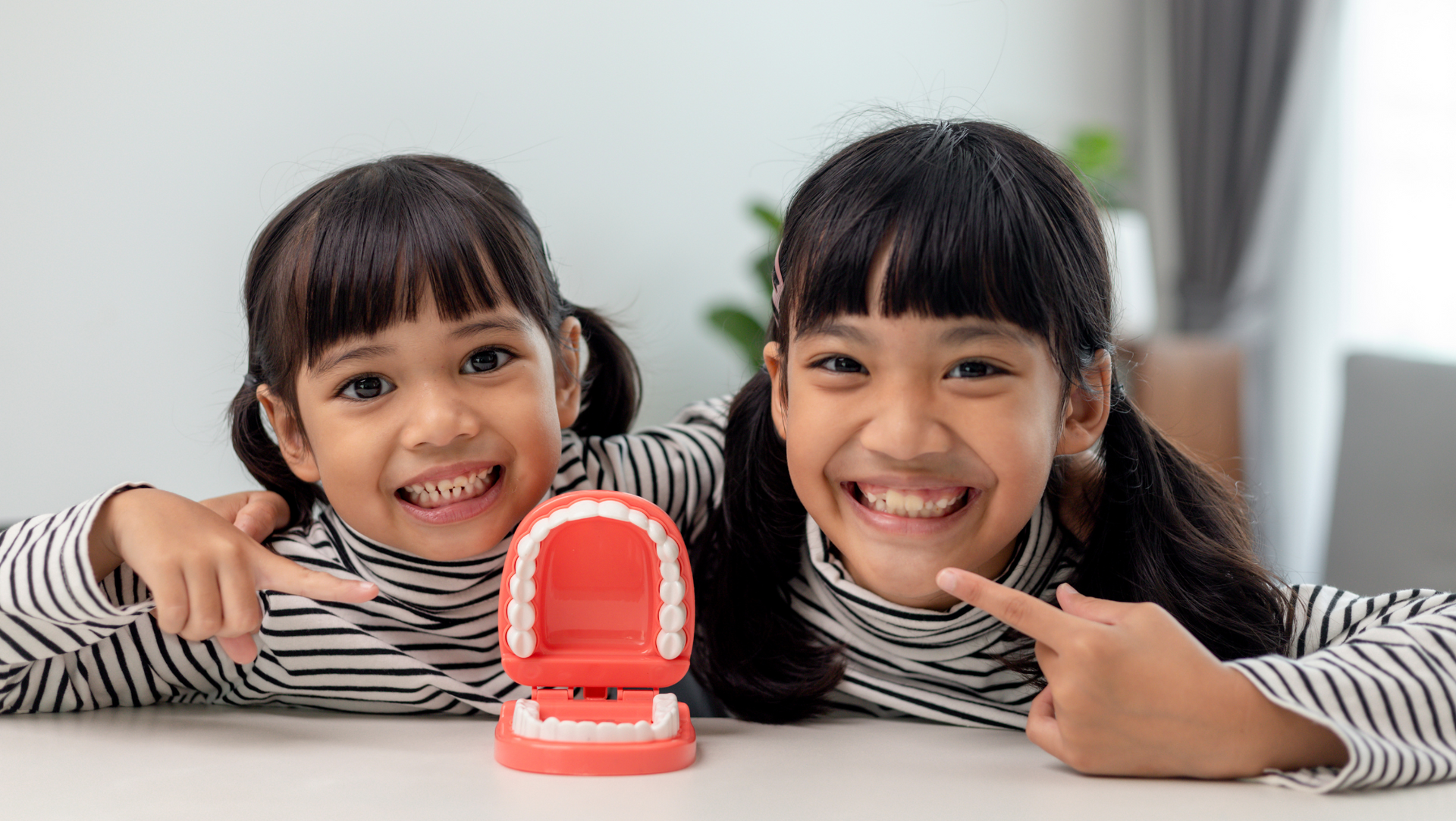What Parents Need to Know About Their Child's Evolving Mouth
From Baby Teeth to Big Smiles: What Parents Need to Know About Their Child's Evolving Mouth
Awareness Stage: Understanding the Dental Journey
Stage 1: Teething (0–3 Years Old)
What’s Happening:
Your baby’s first tooth typically erupts between 4 to 10 months of age. By age 3, most children have a full set of 20 baby teeth (also called primary teeth). This phase, known as teething, can be a challenging time — for both babies and parents.
Common Concerns:
- Drooling and fussiness
- Swollen or tender gums
- Mild temperature
- Chewing on fingers or toys
Parent Tips:
- Use chilled (not frozen) teething rings or a clean, cold washcloth to soothe gums.
- Gently wipe your baby’s gums with a damp cloth after feeding.
- Begin brushing as soon as the first tooth appears using a soft, infant toothbrush and a smear of fluoride toothpaste.
When to See a Dentist:
The
American Academy of Pediatric Dentistry recommends a child’s first dental visit by age 1, or within six months of the first tooth eruption. This early visit can identify any developmental issues, and more importantly, helps your child become comfortable at the dentist early on.
Additional tip: Make that first visit fun! At The Fun Children’s Dentist, our team is trained to make dental care a playful, stress-free experience from day one.
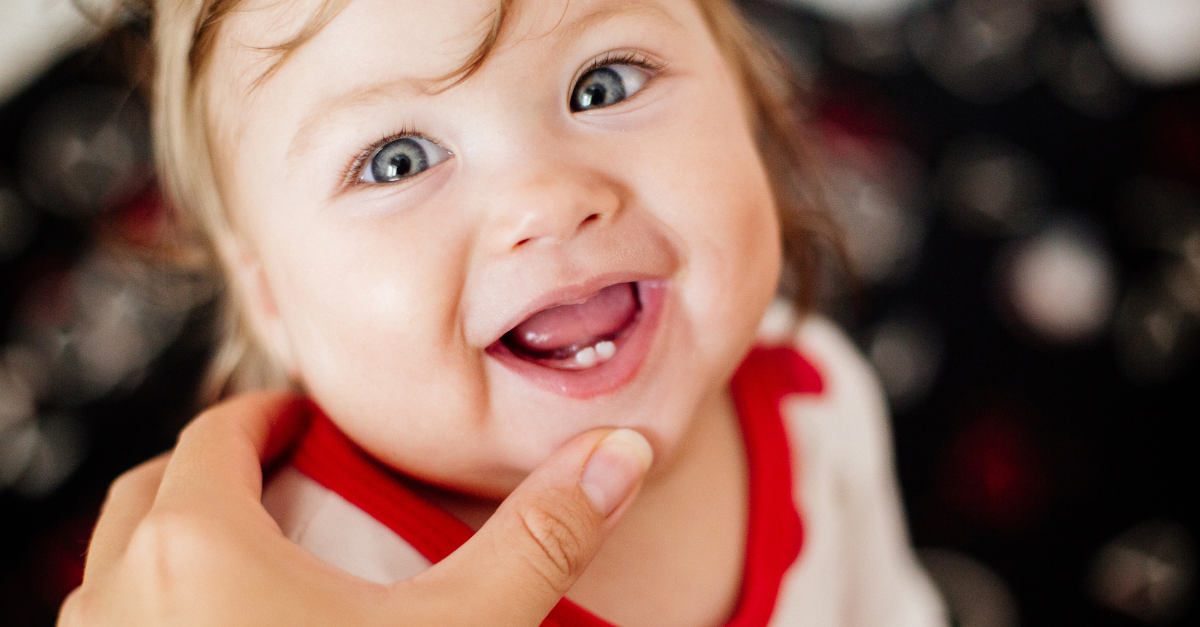
Stage 2: Toddler to Preschool (3–5 Years Old)
What’s Happening:
By age 3, most children have all their baby teeth. These teeth are critical placeholders for adult teeth, guiding the jaw's growth and helping with speech and nutrition.
Common Concerns:
- Thumb sucking or pacifier use beyond age 3
- Cavities from bottle feeding or sugary snacks
- Fear of brushing or dentist visits
Parent Tips:
- Encourage twice-daily brushing with a pea-sized amount of fluoride toothpaste.
- Supervise brushing and help your child reach all surfaces.
- Monitor sugar intake and avoid giving sugary drinks before bed.
When to See a Dentist:
Routine checkups every 6 months are key to preventing tooth decay, the most common chronic disease in children. Your dentist can also monitor for speech or bite development concerns at this stage.
Consideration Stage: Preparing for the Big Changes
Stage 3: School-Age (6–12 Years Old)
What’s Happening:
This is the age of major transformation. Baby teeth start to fall out (usually around age 6), and permanent teeth begin to erupt — including the all-important first molars, which don’t replace any baby teeth.
Common Concerns:
- Wiggly or delayed baby teeth
- Crooked or crowded new teeth
- Increased cavities due to school snacks or less supervised brushing
Parent Tips:
- Teach proper flossing techniques as teeth grow closer together.
- Consider sealants on molars to prevent decay.
- Schedule dental checkups every 6 months to monitor growth and spot issues early.
Why This Stage Matters:
Permanent teeth are here to stay. Ensuring they erupt correctly — and protecting them from cavities — is essential for lifelong oral health. Our team at The Fun Children’s Dentist makes “big kid” dental visits something to look forward to. We celebrate lost teeth milestones, teach healthy habits, and even offer fun rewards for cavity-free checkups!
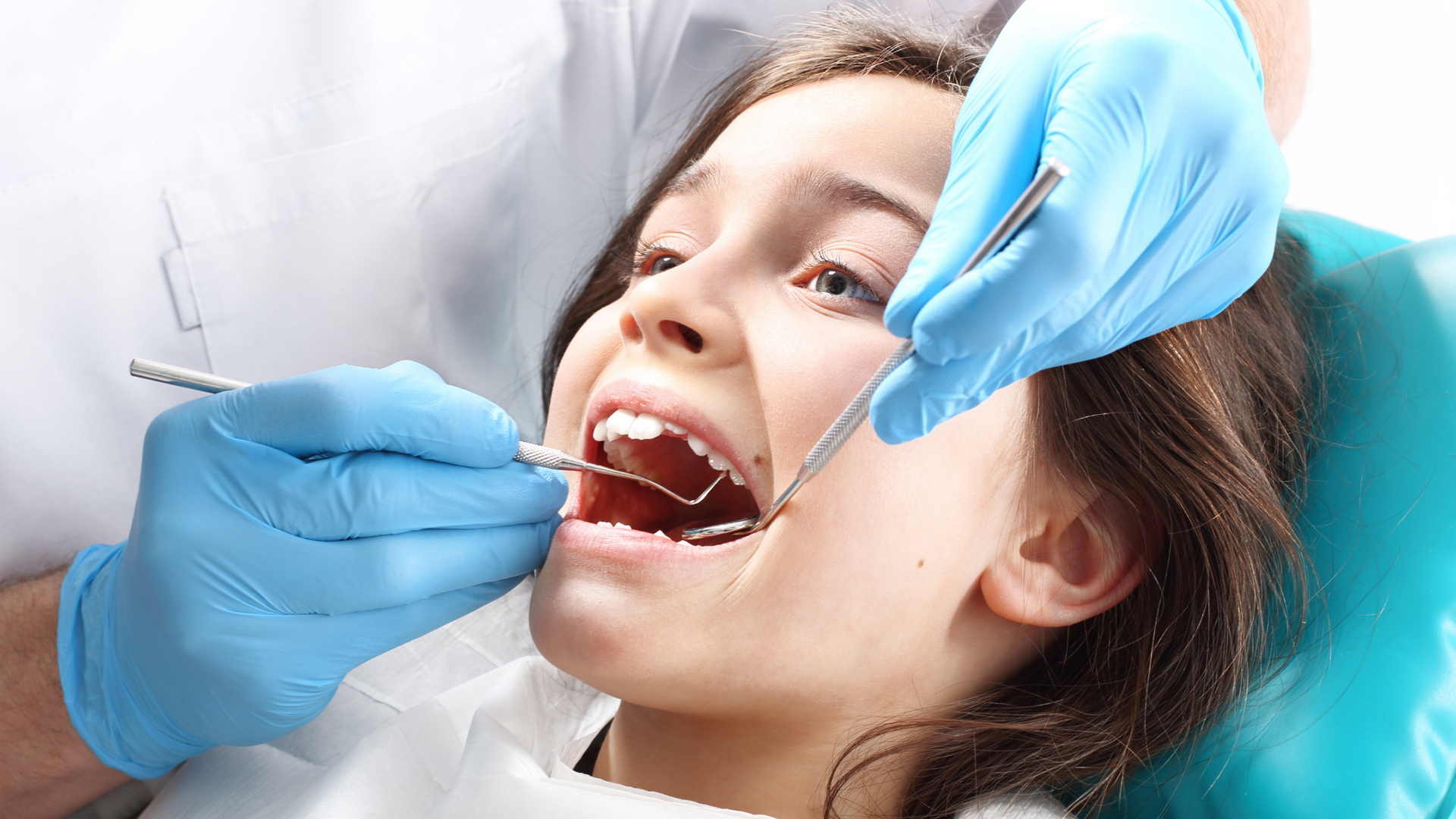
Stage 4: Tweens and Early Teens (12–14 Years Old)
What’s Happening:
By age 13, most kids have their full set of 28 permanent teeth (wisdom teeth come later, if at all). This is also a common age for evaluating orthodontic needs like braces or Invisalign.
Common Concerns:
- Misaligned teeth or bite
- Wisdom teeth growth concerns
- Oral hygiene slacking as independence grows
Parent Tips:
- Keep reinforcing brushing and flossing habits (especially as they become more independent).
- Encourage mouthguards for sports.
- Discuss orthodontic options if your child hasn’t seen an orthodontist yet.
Helping Your Child Get a Healthier Smile and Dental Health
While any dentist can technically treat children, pediatric dentists are specialists trained to address the unique needs of growing mouths — and growing personalities.
Benefits of a Pediatric Dentist:
- Expertise in child development and behavior
- Kid-friendly tools, language, and techniques
- Focus on preventive care and long-term guidance
- Ability to spot and treat issues before they become major problems
- An environment that makes kids feel safe, heard, and empowered
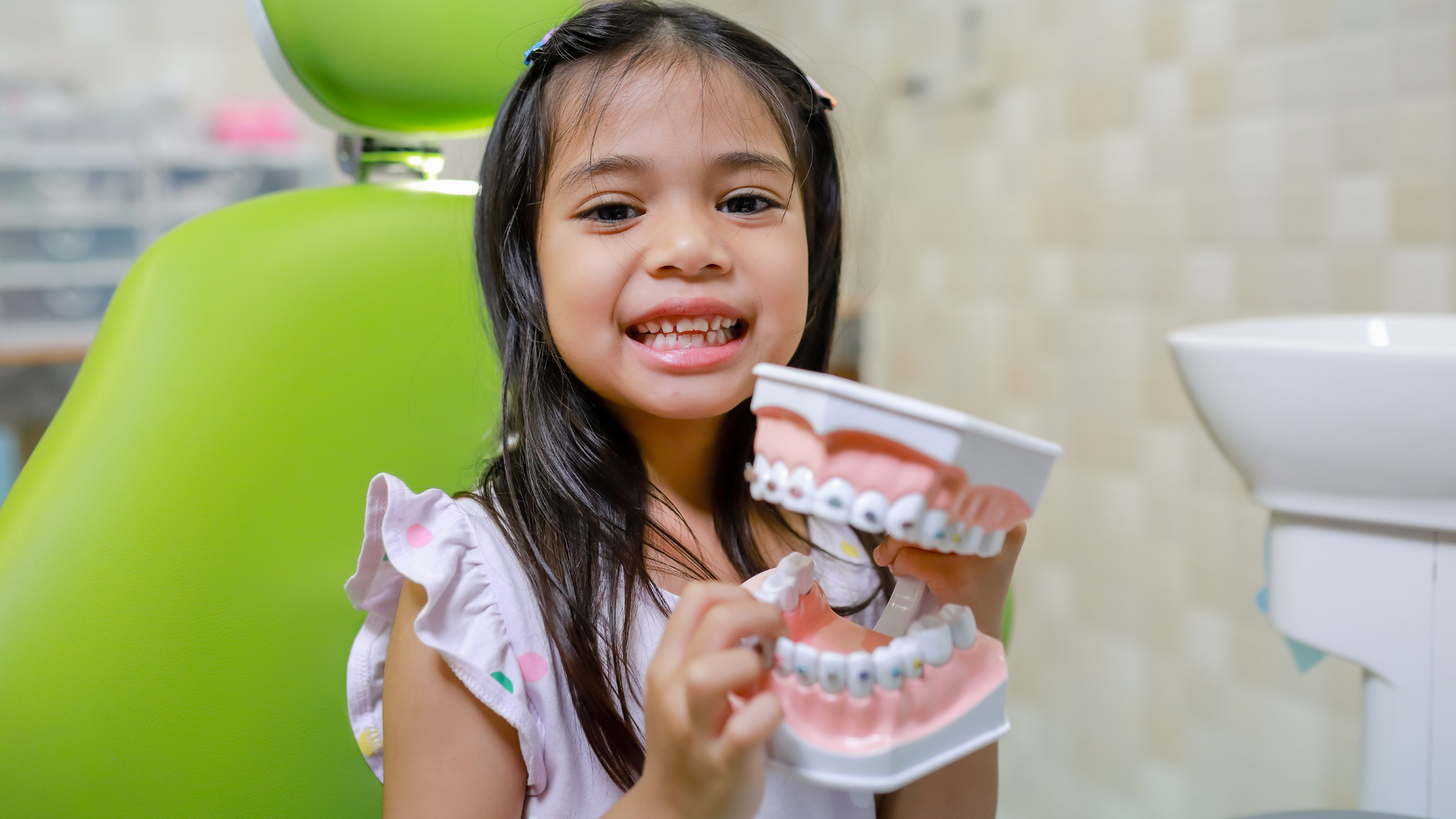
Make Dental Care Fun (Yes, It’s Possible!)
Let’s face it: no child ever asks to go to the dentist. But that doesn’t mean dental care has to be a battle. In fact, it can be something they look forward to — with the right approach.
At The Fun Children’s Dentist, we believe that the best dental care starts with trust and fun. From themed treatment rooms to storytelling, prizes, and engaging education, we turn every visit into a positive experience. The result? Kids who are excited to care for their teeth — and parents who are relieved to see their child smiling confidently in the dentist’s chair.
Visit The Fun Children's Pediatric Dental Clinic in Texas
Whether your baby is just starting to teethe or your tween is nearing braces, every stage of your child’s dental journey matters. Establishing a strong dental foundation in childhood pays off for a lifetime — and it starts with choosing the right dental partner.
Schedule your child’s next appointment with us — where smiles grow with laughter, learning, and a whole lot of heart.
Blogs and Resources for Happy and HealthyTeeth
